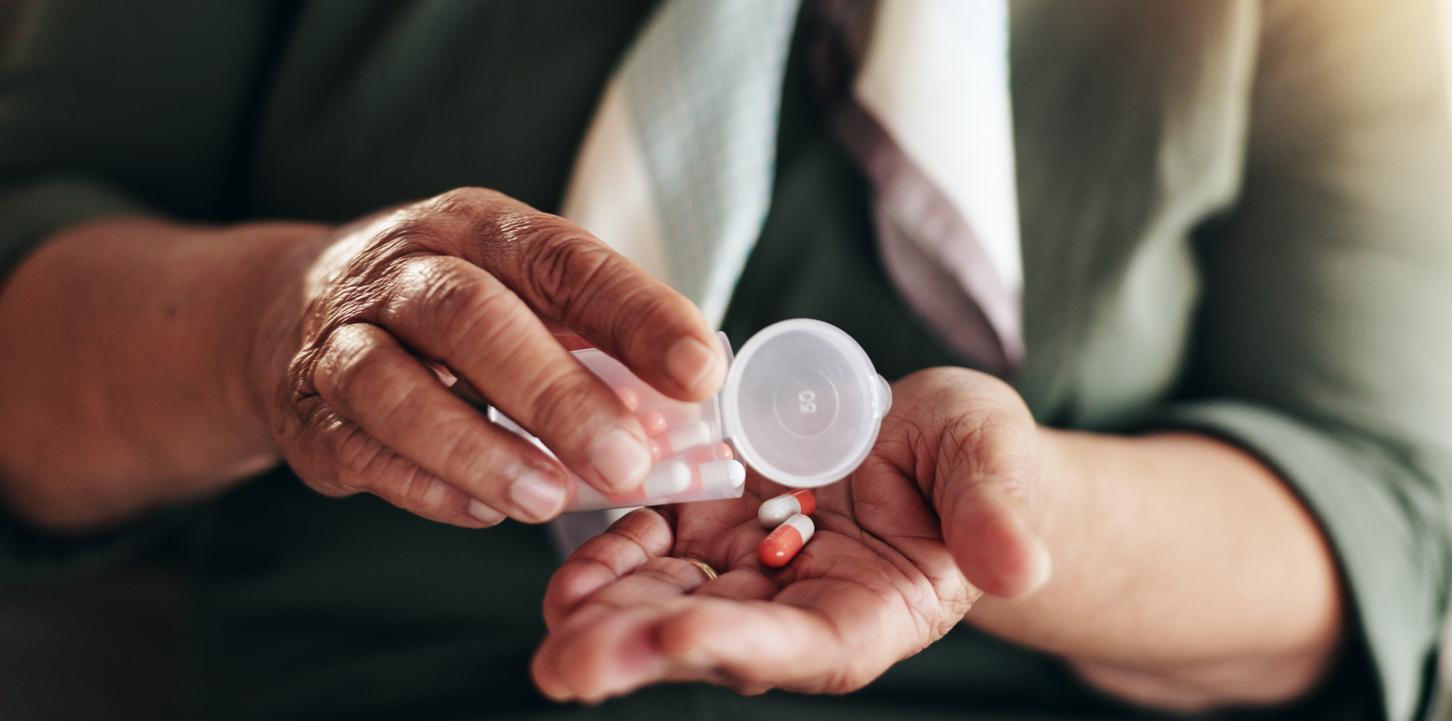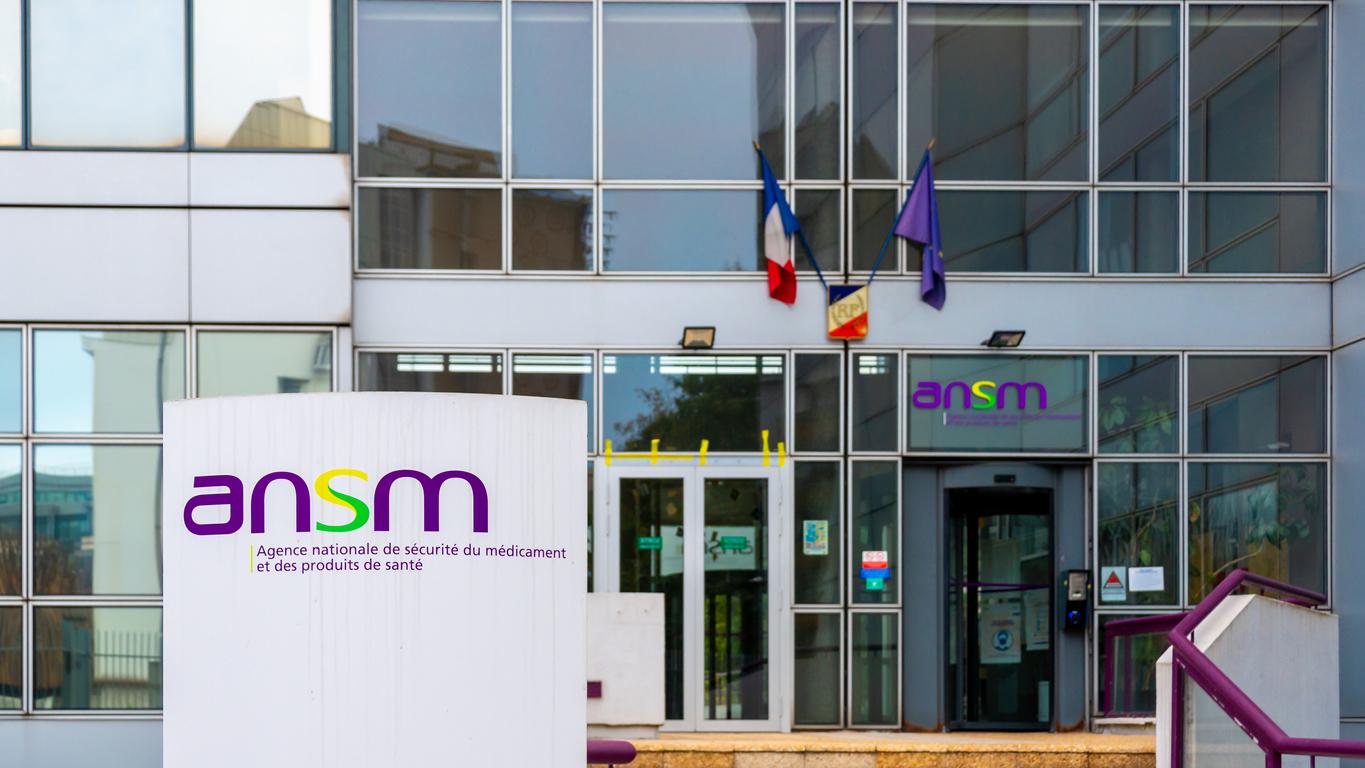The Sanofi laboratory has just been ordered by the Nanterre court to compensate a family whose daughter, exposed in utero to Depakine, was born with malformations.

- Because of sodium valproate, the active ingredient of Depakine, between 15,000 and 30,000 children are now said to be disabled.
- This Thursday, May 19, four other cases of children born with side effects of Depakine will be tried by the court.
450,000 euros: this is the sum that Sanofi must pay to a family victim of Dépakine. This is the first time that the pharmaceutical laboratory has been convicted by the Nanterre court in this legal case.
side effects
Depakine is a drug produced by Sanofi. This is prescribed for epileptic and bipolar patients. Currently, it is contraindicated for pregnant women and those of childbearing age. But this has not always been the case.
Since 2006, when these contraindications were included in the drug’s instructions, it has been recognized that Depakine could have harmful side effects on future children when exposed to it in utero. This notably increases the risk of physical malformations, such as cardiovascular abnormalities, and neurodevelopmental disorders, such as autism spectrum disorders or language delay.
Malformations and developmental delays
The story of the family, which has just won its case in court, dates back to 2005. At that time, although pregnant, the mother-to-be continued to take Depakine to treat her epileptic seizures. Thus, in utero, her daughter was exposed to sodium valproate, the active ingredient of Depakine. When she was born and then during her childhood, she had malformations, delays in psychomotor development and global acquisitions. Side effects that would be linked to taking Depakine during the mother’s pregnancy.
In 2014, the family therefore decided to sue the laboratory. The reason is as follows: Sanofi would have hidden these adverse effects from the public when the pharmaceutical giant knew about them. The Nanterre court therefore vindicated this accusation by condemning the laboratory. Indeed, the Nanterre court considered that Sanofi knew of the neurodevelopmental risks associated with taking Depakine during pregnancy since 2003… Thus, according to the Nanterre court, the laboratory should have mentioned it, at the period, in the medicine leaflet. However, it was only in 2006 that it was added to the list of contraindications.
Following this first court decision, Sanofi announced to appeal. In the coming months, several cases on the subject of Dépakine must be tried by the Nanterre court.















